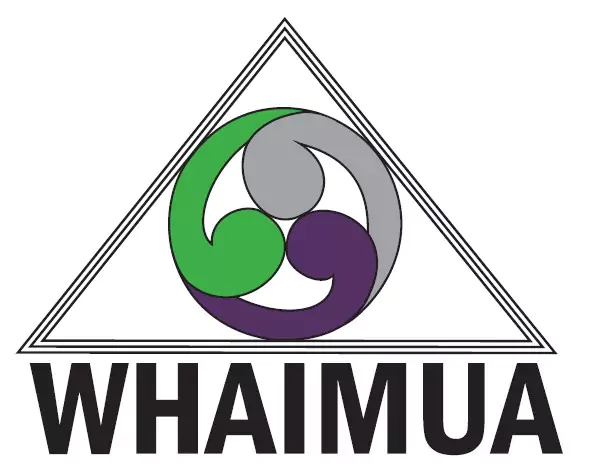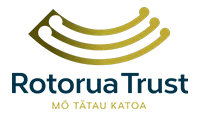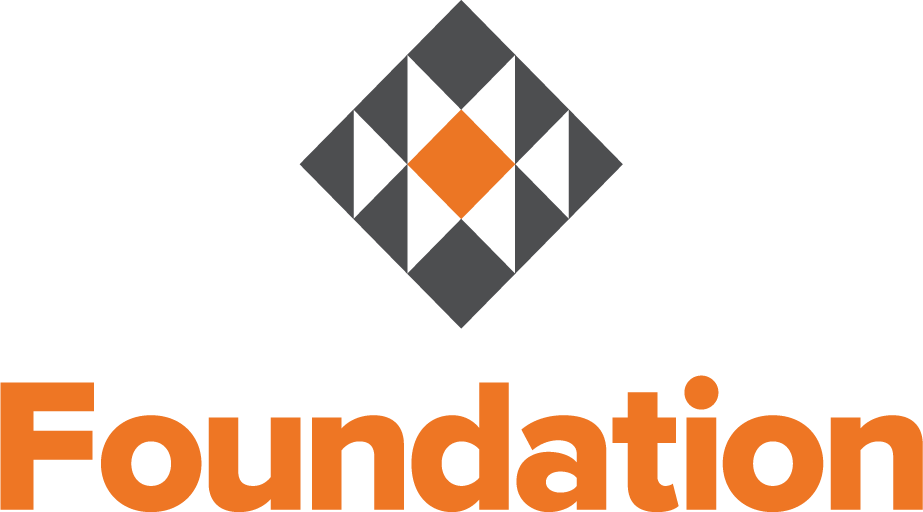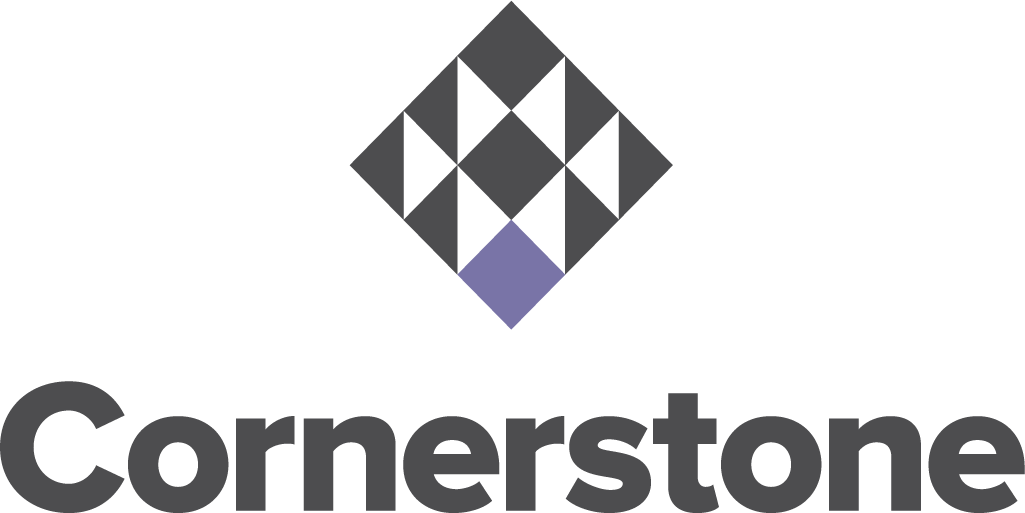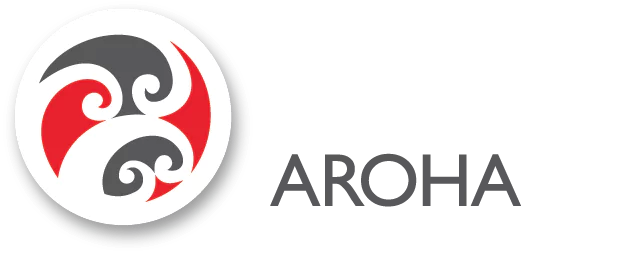Our History
Korowai Aroha is a community-based health service that originated in Rotorua. It was founded in 1992 by a group of Māori health workers who wanted to provide culturally appropriate care to their community.
Our Model
The Korowai Aroha models of care emphasise a holistic approach to health that incorporates cultural and spiritual beliefs into the process of healthcare. It focuses on building relationships with clients and empowering them to take an active role in their own wellness.
Whānau Ora Collective
Te Arawa Whānau Ora Collective is made up of eight key Māori providers within Te Arawa rohe who share this commitment. Their services are open to everyone regardless of ethnicity and they can support you in making a plan to reach your goals.
Manaakitanga
We express manaakitanga, or mana enhancing behaviour towards each other as staff and to others, especially our patients, taking care not to trample another’s mana. The concept of manaakitanga includes understanding tapu and mana. In powhiri rituals on the marae, the objective is to deal with the tapu and mana of the tangata-whenua and manuhiri in an enhancing, positive way. In our relationships with others we are aware of mana, our own and theirs. We can act in a mana enhancing way, by expressing manaakitanga.
Tikanga
- providing the best care possible for our patients
- being generous with our staff in terms of salaries, professional development, work spaces, access to health care, leave, etc.
- having policies that foster manaakitanga of staff by management
Rangatiratanga
Rangatiratanga is the expression of the attributes of a rangatira including humility, leadership by example, generosity, altruism, diplomacy and knowledge of benefit to the people.
We acknowledge the rangatiratanga of individuals, whānau, hapū and iwi in our activities. We understand the importance of walking the talk, following through on commitments made, manaakitanga, integrity and honesty.
Tikanga
- The institution nurtures and develops rangatira attributes amongst staff.
- The contributions made by staff are regularly acknowledged.
- The activities of senior management are reflective of the attributes of rangatira, of whakaaro Māori.
Whanaungatanga
The people are our wealth. This system of kinship, including rights and reciprocal obligations (utu) that underpin the social organisation of whānau, hapū and iwi are acknowledged as a part of the life of this institution. Whanaungatanga is about being part of a large whole, of the collective. Māori are related to all living things and thus express whanaungatanga with their surroundings. Whanaungatanga is about knowing you are not alone, but that you have a wider set of acquaintances that provide support, assistance, nurturing, guidance and direction when needed. Defined roles for kaumātua, mātua, rangatahi, tāne and wāhine are also part of whanaungatanga.
Whanaungatanga is the antithesis of models of individualism. Independence, ‘standing on your own two feet’, accusations of nepotism, tribalism and racism and other such ideas are inconsistent with whanaungatanga. Interdependence with each other rather than independence is the goal.
Tikanga
- providing opportunities for the expression of whanaungatanga amongst staff
- developing employment policies consistent with whanaungatanga
- maintaining close links with the iwi and hapū in the Rotorua region
- defining and maintaining role based systems in our activities
Kotahitanga
This is developing and maintaining a unity of purpose and direction and avoiding approaches and decisions that lead to division and disharmony. A commitment by the institution through oneness of mind and action to achieving its purpose would be the expression of Kotahitanga. All must be encouraged to make their contribution, to have their say. The collective will then determine what is best and appropriate for the institution.
Tikanga
- keeping people informed and in the loop
- providing for contributions from all staff to decision-making processes
- prioritising the development of unity within the institution
Wairuatanga
An emphasis on the fostering of wairuatanga is a unique feature of kaupapa Māori institutions. Wairuatanga is about understanding and believing that there is a spiritual existence in addition to the physical. The physical world is represented by Te Ao Marama, surrounded and connected to Ngā Rangi Tūhāhā and Ngā Pō, the spiritual realms. We as Māori represent these realms within us, having both a taha kikokiko and a taha wairua. We are intimately connected spiritually to our environment, our maunga, awa, moana and marae, all of which have their own wairua.
The wairua of a person requires nourishment as regularly as the tinana, and the forms of nourishment differ among people. The environs of each clinic should be nourishing and nurturing of the wairuatanga of staff and patients.
Tikanga
- developing a wairua nourishing and nurturing environment including the provision of noho puku spaces.
- encouraging and continuing the practice of karakia at the beginning of the day and at meetings and other gatherings
- providing for karakia in our activities
Ukaipotanga
The study of one’s whānau, iwi and hapū will highlight the importance of this kaupapa and the importance of tūrangawaewae, te hau kāinga, to ground themselves to the land and home. Ūkaipō are the places we find ourselves, our strength, our energy. Having a place where you belong, where you count, where you are important and where you can contribute is essential for Māori well being. As a whole person with your identity intact, you can make your contribution.
Our clinics are more than places of employment. People should be stimulated in their work and study, feel energetic, believe they are important and have a contribution to make.
Tikanga
- arrangements that foster a sense of importance, belonging and contribution
- work related stress management practices
- commitment to a higher purpose of the survival of Māori
- prioritising stimulating exciting activity
- improving the patients’ well being through a process of grounding to their land and home.
Kaitiakitanga
Preserving and maintaining the existence of Korowai Aroha so it can continue to fulfil its functions and duties is the essence of this kaupapa. This kaupapa has several facets including:
a) the preservation of tāonga e.g. te reo Māori, tikanga, kōrero-ā-iwi
b) appropriate financial management that ensures Korowai Aroha is financially viable
c) accountability to ourselves, to our patients and to our stakeholders.
The dollar is but one aspect of one of our kaupapa. In no way is it to be considered as the paramount consideration in the life of a tikanga Māori institution, nor the primary motivator to action. It is important however, and is part of this kaupapa.
Tikanga
- financial management practices consistent with the kaupapa of the institution
- an extensive recording programme to collect and archive mātauranga Māori kōrero of our kaumātua.

